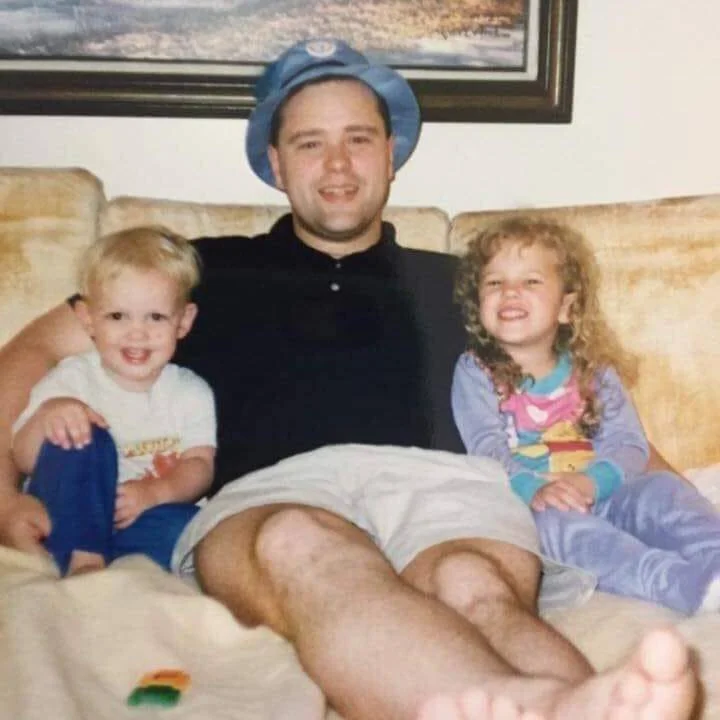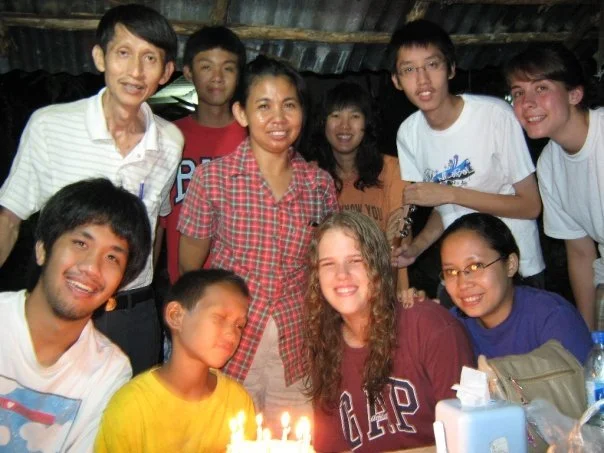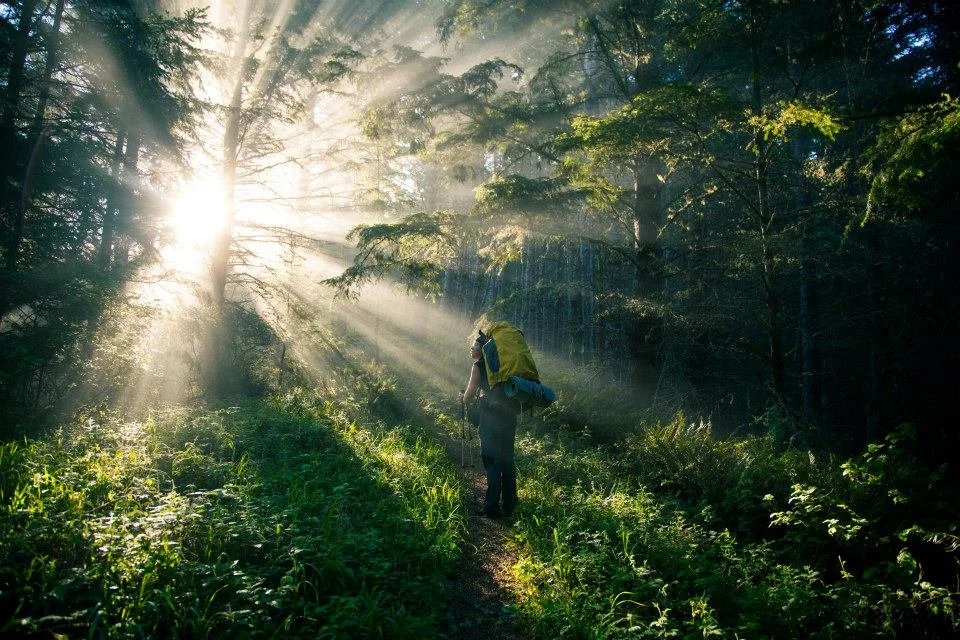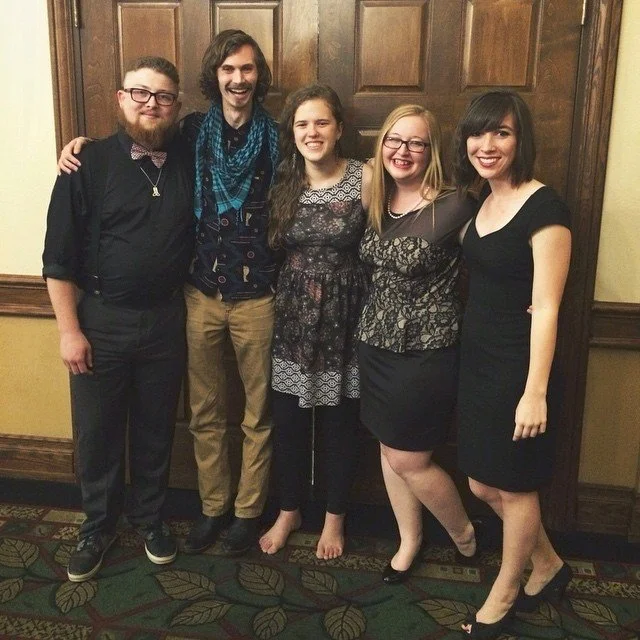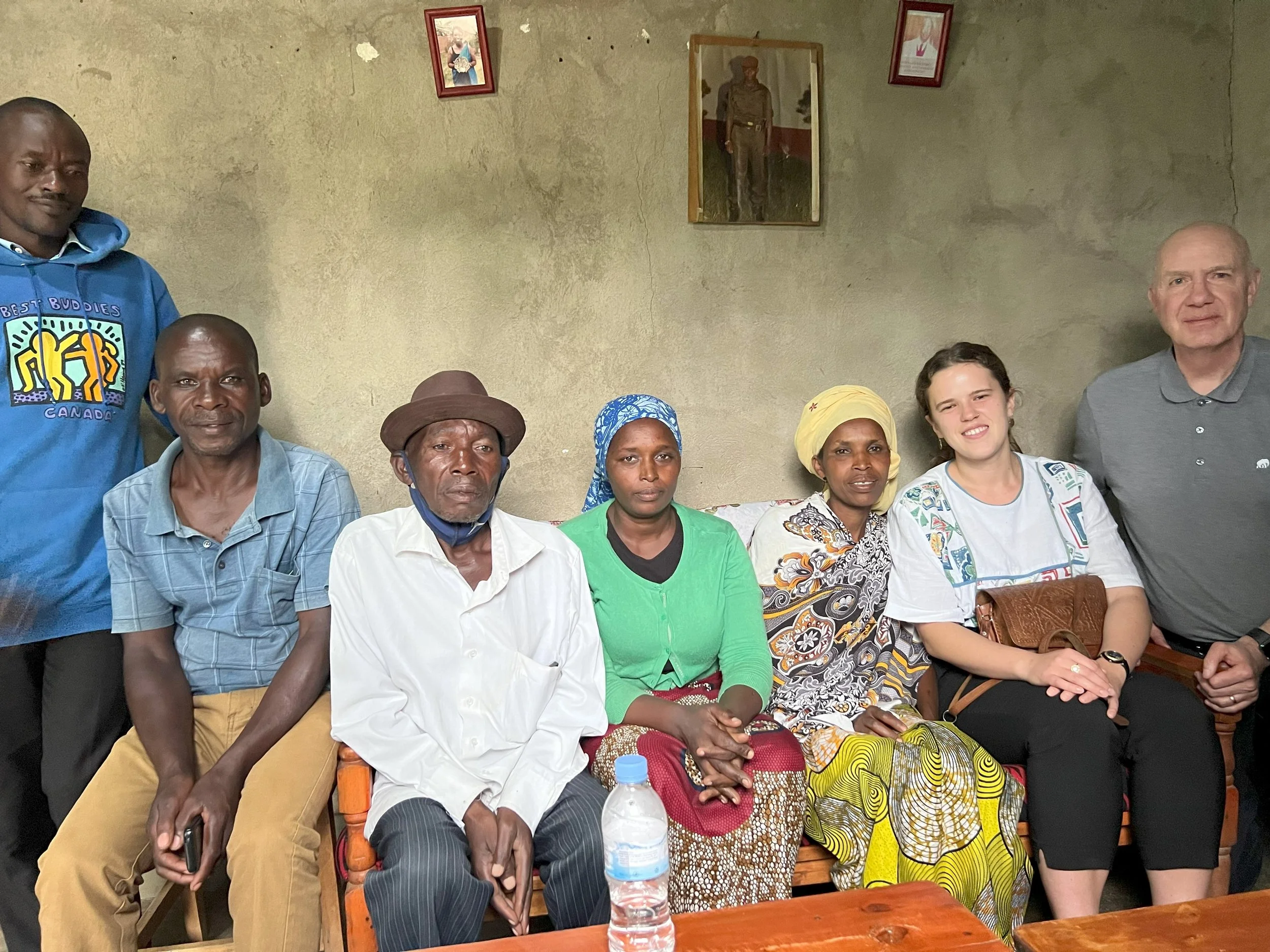My Story
Love is my religion. Reconciliation is my vocation. Jesus is my King.
Anglo-American, Hispanic, and Thai cultural heritage
I’ve lived in 3 countries, 18 cities, and 45 houses, and each of these places has deeply informed who I am and how I live out what I believe. Deeply rooted in who I am and in my faith, I’m proud to have a diverse circle of friends, and to work closely with people of many different ethnic and faith backgrounds.
I love seeing bridges built and relationships fostered across the lines that so often divide us, and I’m passionate for developing the best frameworks possible for understanding violence, division, and the most pressing questions in our world. I have a B.A. in biblical studies from Simpson University, an M.T.S. from Duke Divinity School, and am a current PhD candidate at the University of Aberdeen/Trinity College Bristol.
Growing Up Between Worlds
I was raised in an evangelical Christian family and grew up between Bangkok, Thailand and diverse communities in the United States, making me a “Third Culture Kid” or “global nomad.” This blessed me with a rich set of experiences and ways of thinking outside of western frameworks. It’s deeply shaped how I understand God, myself, and the problems facing our world.
Justice Orientation
Growing up in such diverse communities put me in direct contact with the plight of the poor in the global south, and with the global refugee crisis. To me, it was clear that my faith had everything to do with what my poor and refugee friends were going through, and with the injustice and violence they suffered. As a teenager, I saw Jesus as someone in solidarity with the suffering and oppressed, and as one who came to bring liberty to captives, and good news to the poor.
I have also experienced the pain of feeling close to diverse people who end up on opposite sides of a war, a bitter political conflict, or other lines of hatred and violence. The wounds of the world have often cut through my own heart, as I’ve also wrestled with the questions of who I am and where I belong.
Crisis of Faith
In 2009, my family was in a serious car accident in Thailand, which left my mom in a coma with a traumatic brain injury for almost three months, before she woke up. Thankfully, she had all of her memory, but was physically disabled. In the midst of this crisis, we moved back to the U.S.
It was a rough transition. I found myself now culturally alienated from people in my “passport country.” Even more troubling, I quickly discovered that many American Christians did not share my concern for justice (except perhaps for very limited issues.) What to me was so clear in the gospels was even offensive to many of them. This was one of the things which ultimately pushed me into a crisis of faith and deconstruction, along with mounting church hurt and mental health struggles.
It was clear to me that the modernist way of “proving” through evidence that I am right and others are wrong wouldn’t work. No matter how hard I tried, I couldn’t figure out who was right, and the mental gymnastics were destroying me. On top of everything, it seemed that if God was real, he had abandoned me in my despair, and wasn’t showing up to help.
There had to be another way.
Another Way
As I pursued this “other way,” I began to discover some anchors. First, I found that the earliest Christians saw scripture much the way I did. They were also coming from a non-western perspective, and concerned with “God’s public justice.” It was a great relief to find these ancient companions. As I began to pursue biblical studies, I also saw how pervasive the concern for justice and the use of power is in both the New Testament and the Hebrew Bible. Thankfully, I had professors who helped to affirm and call out my non-western points of view, over time I became more confident in embracing it in my interpretation of the Bible, and my own theology.
The frameworks I saw helped me to make sense of more of the Bible, and the world I live in with its violence and oppression. It was on this journey that I began early efforts at transformative action.
“Who will we be for the rest of our lives?”
My senior year of undergrad, I ended up protesting my Christian school. As we prepared to launch with no turning back, I asked everyone if they were sure.
One of my co-conspirators said, “Right now, we’re deciding who we’ll be for the rest of our lives. I hope I would die for what I believe in. And if I won’t eveb risk being expelled for what’s right, I’ll never do that.”
I learned a lot through those efforts about how power works, and how people will carry out human sacrifice to preserve their institution or position.
For me, the things I learn in my studies have always flowed into action—from being present with the unhoused and refugees, to seeking spiritually-grounded activism, or showing up to the protests of others in Jesus’ Name. I have come to believe that we will only see God working in the world to the extent that we’re willing to take action. It’s how we accept God’s invitation into our true selves.
Scholarship
All of this has led my scholarship toward developing frameworks from a three-way discussion between 1) secular violence studies, 2) spiritual and theological frameworks, and 3) diverse cultural perspectives. This framework came about through my doctoral research and through joint efforts on the “One New Humanity” book project.
Through these frameworks, we can see violence in a different light—one that’s holistic, and that makes more sense of the increase in violence we see around the world, both against oneself and others. These frameworks can help westerners to move past the limits our culture puts on how we understand these things, and on how we understand the spirituality and theology of them. In the process, scripture also becomes far more connected to daily life, and the greatest questions that we and our neighbors are asking.


